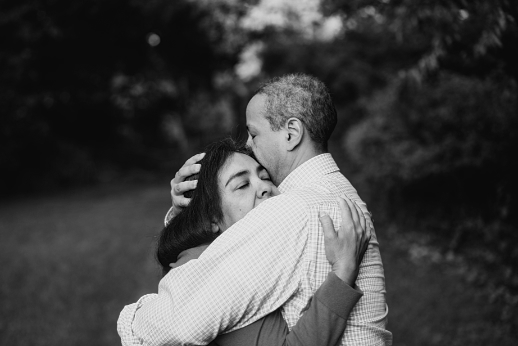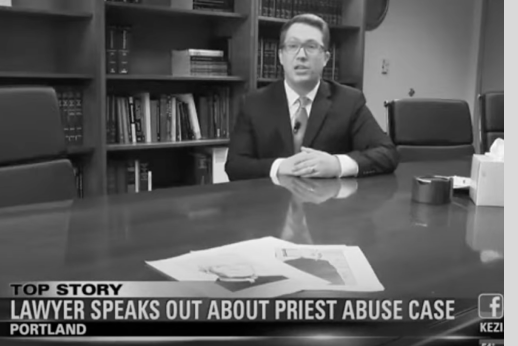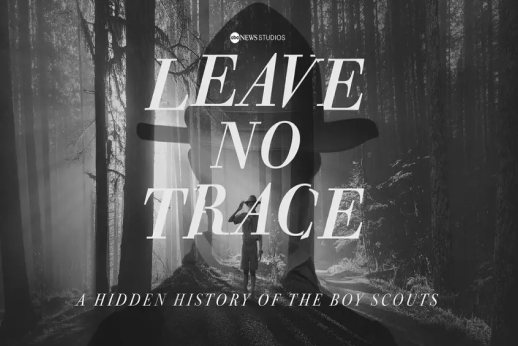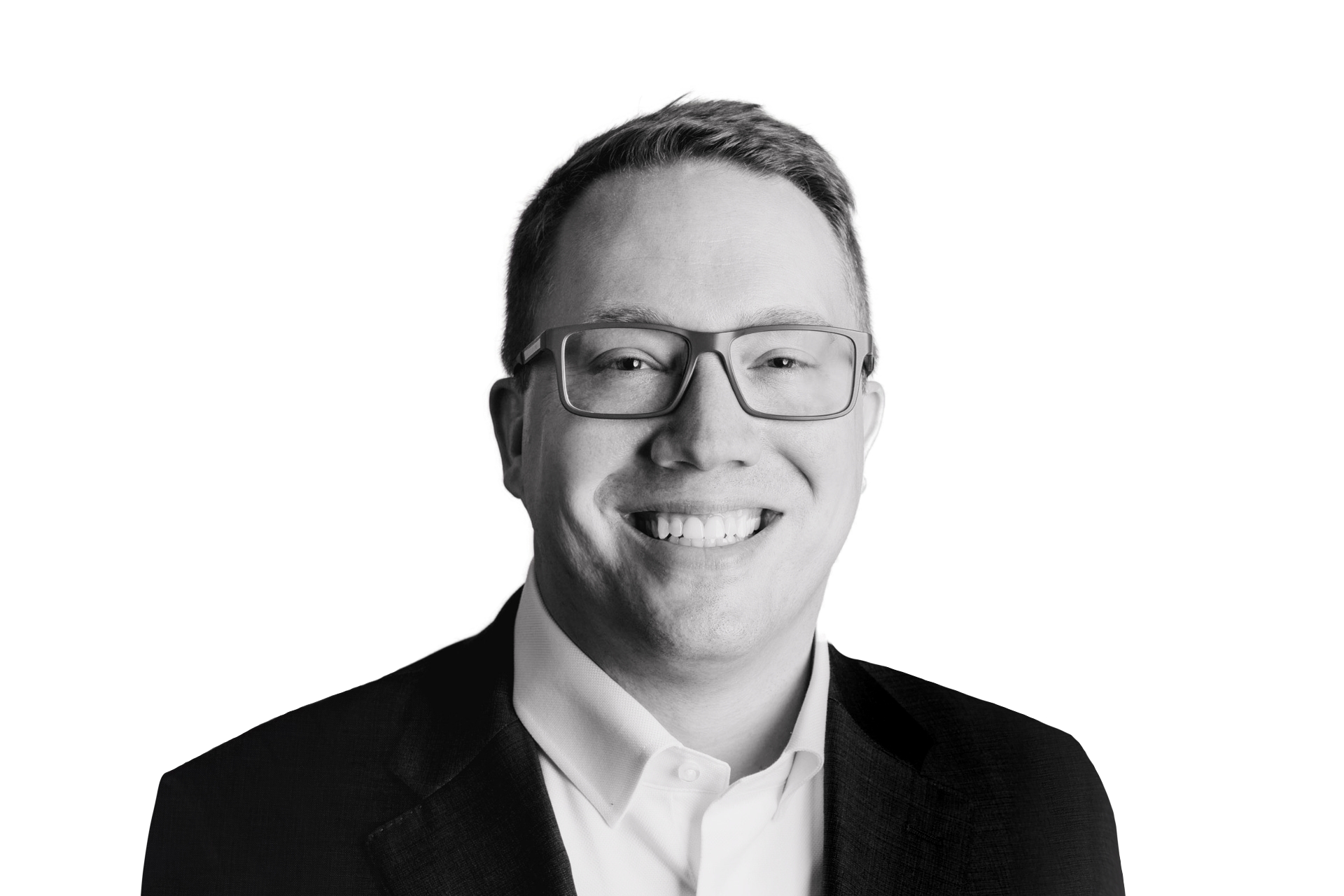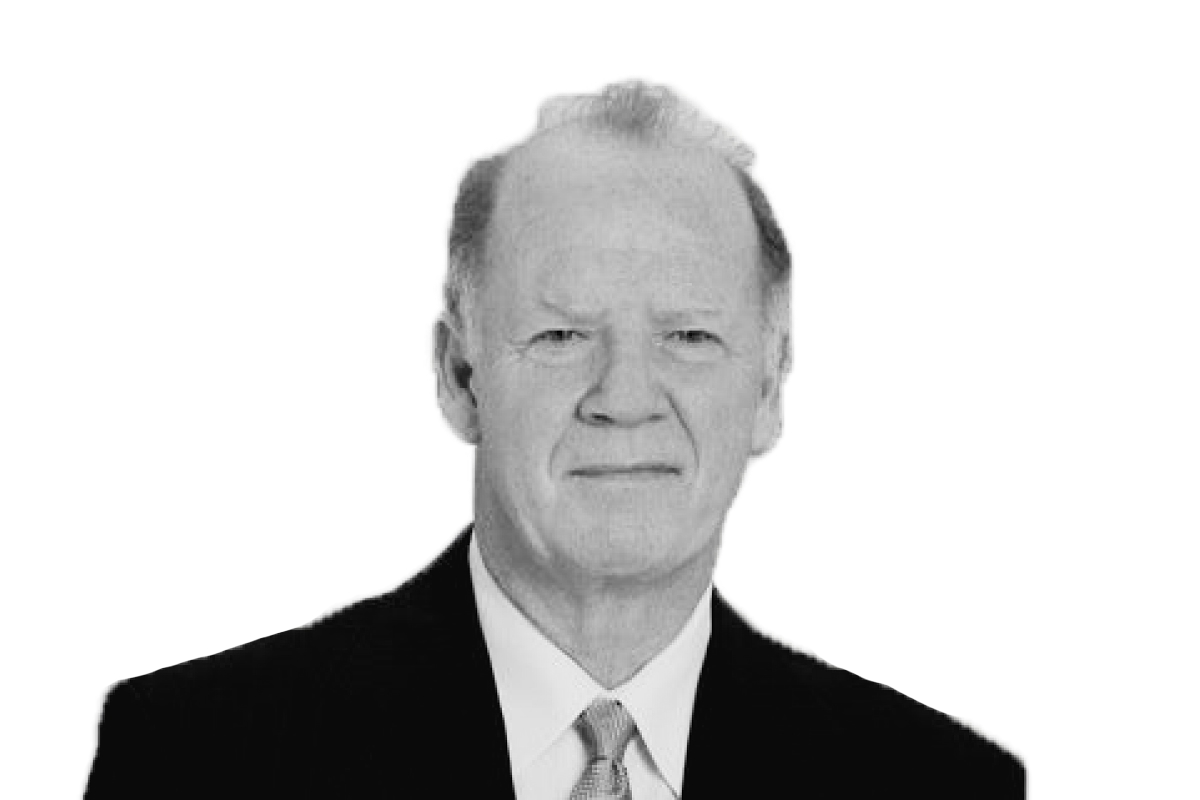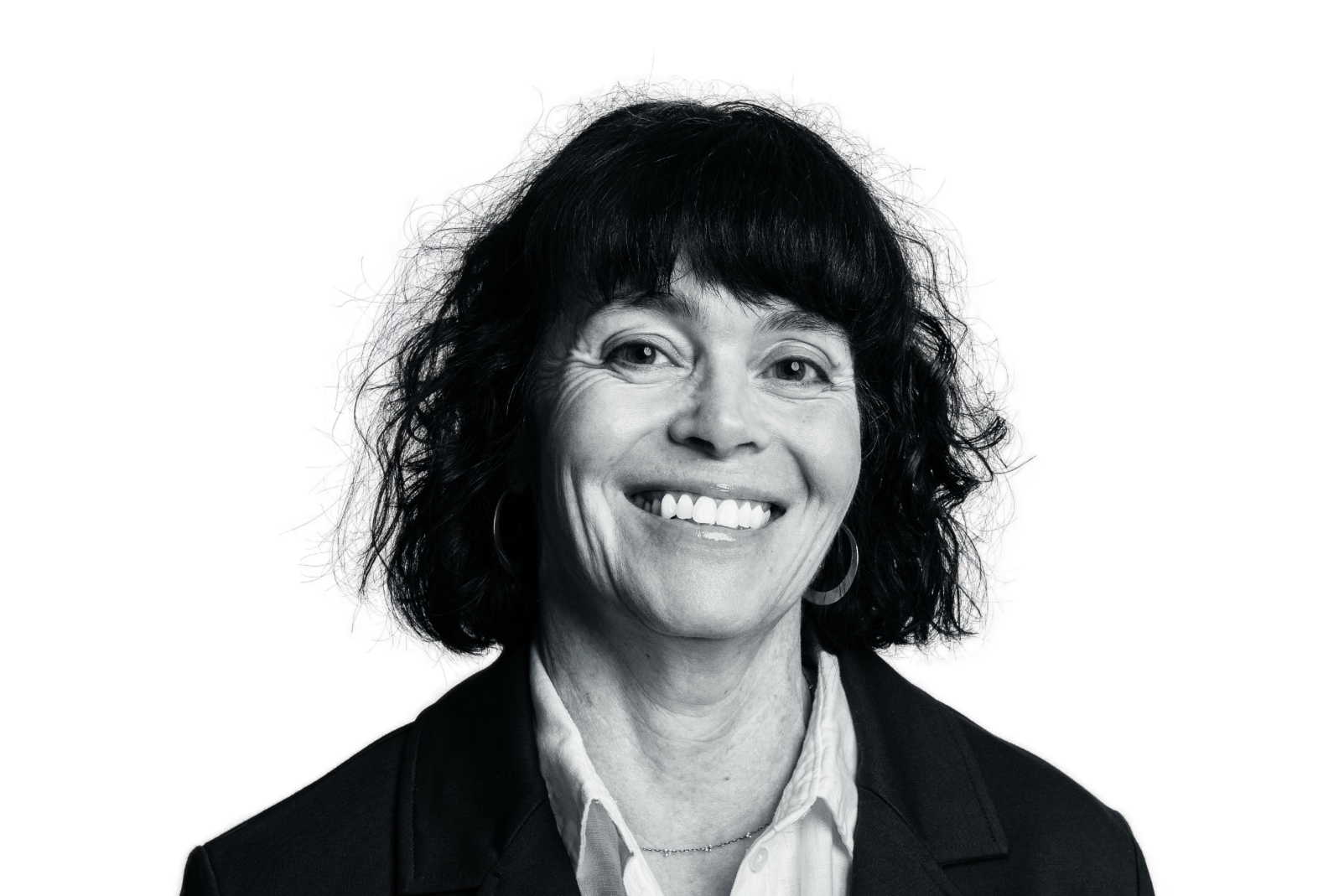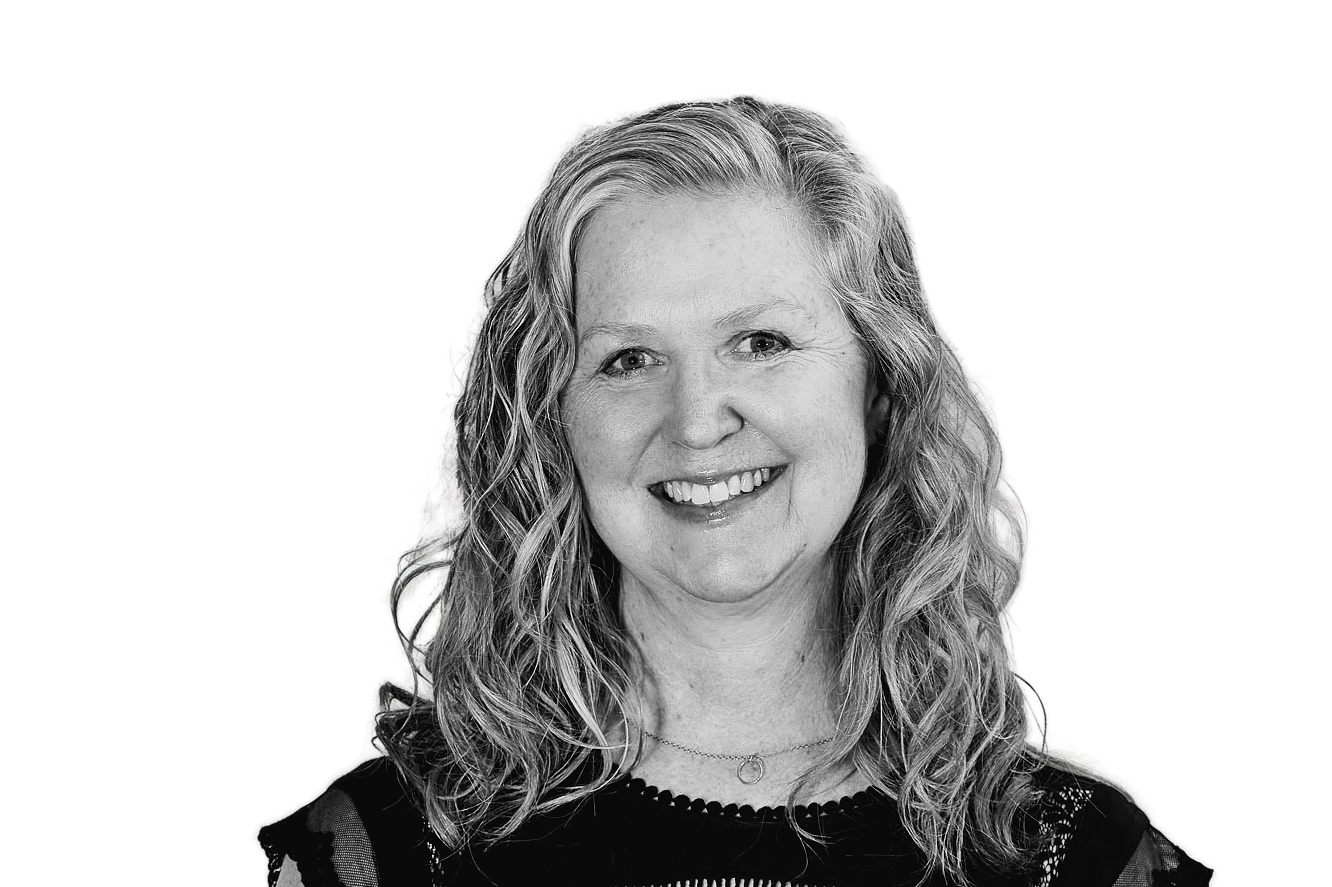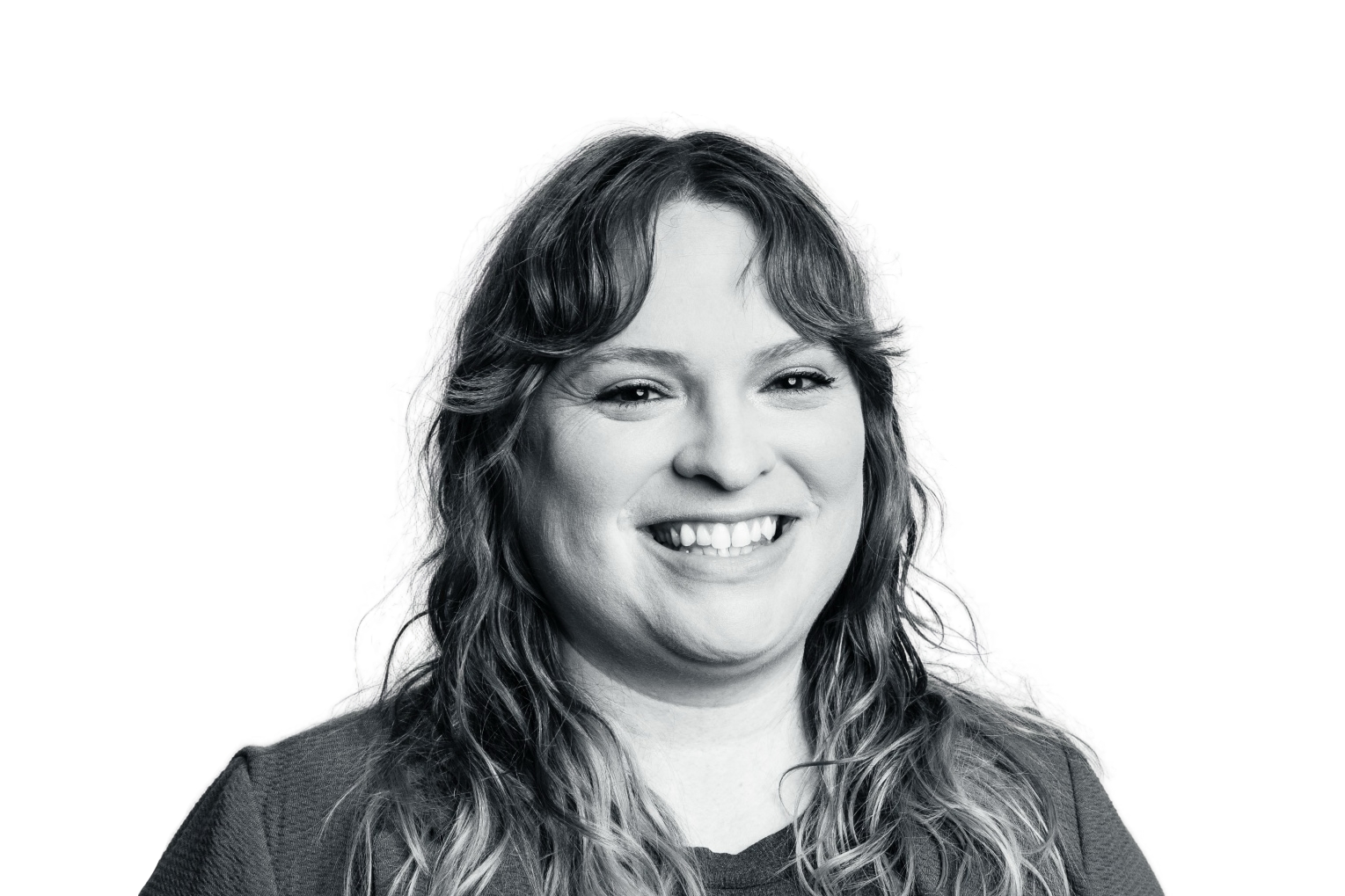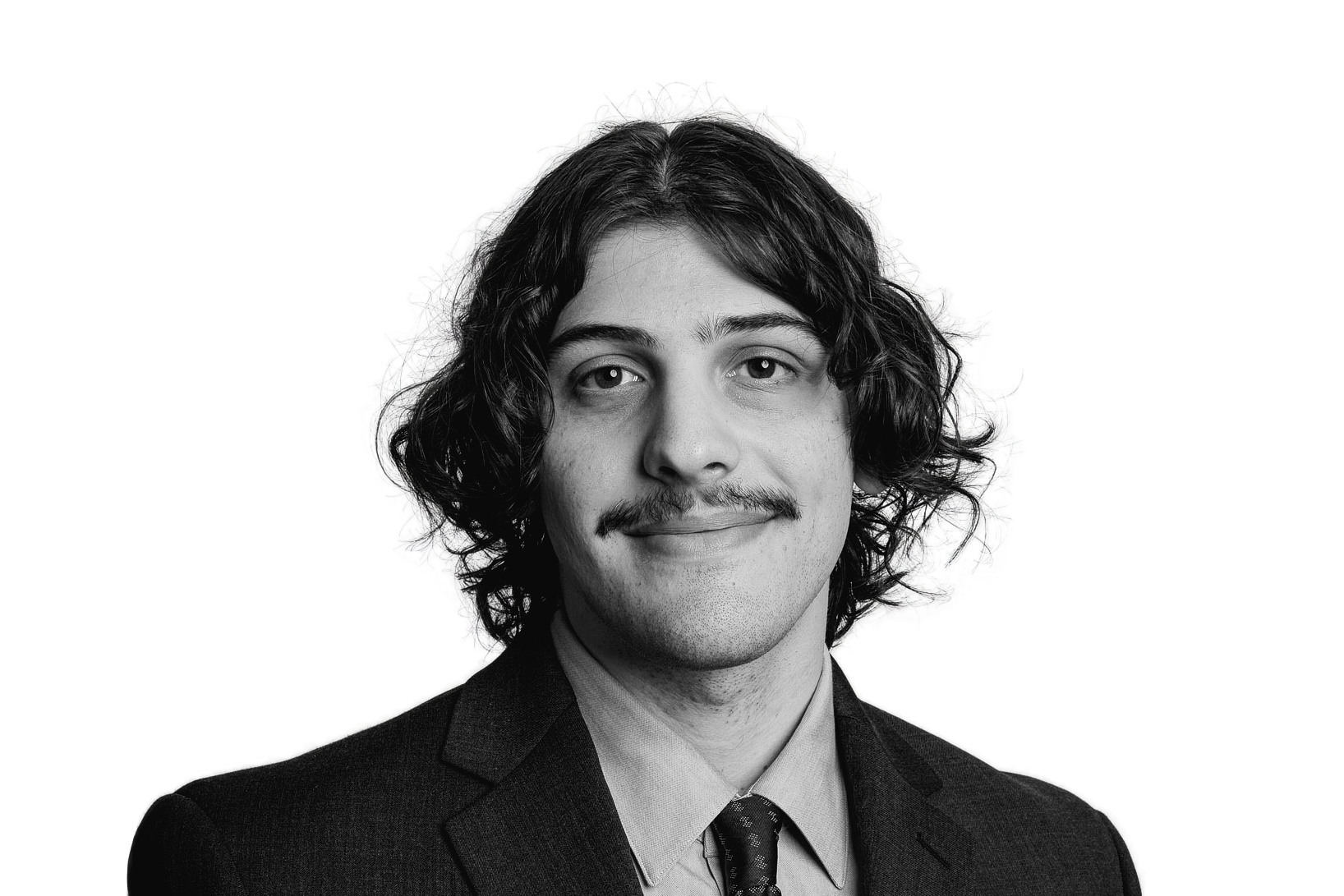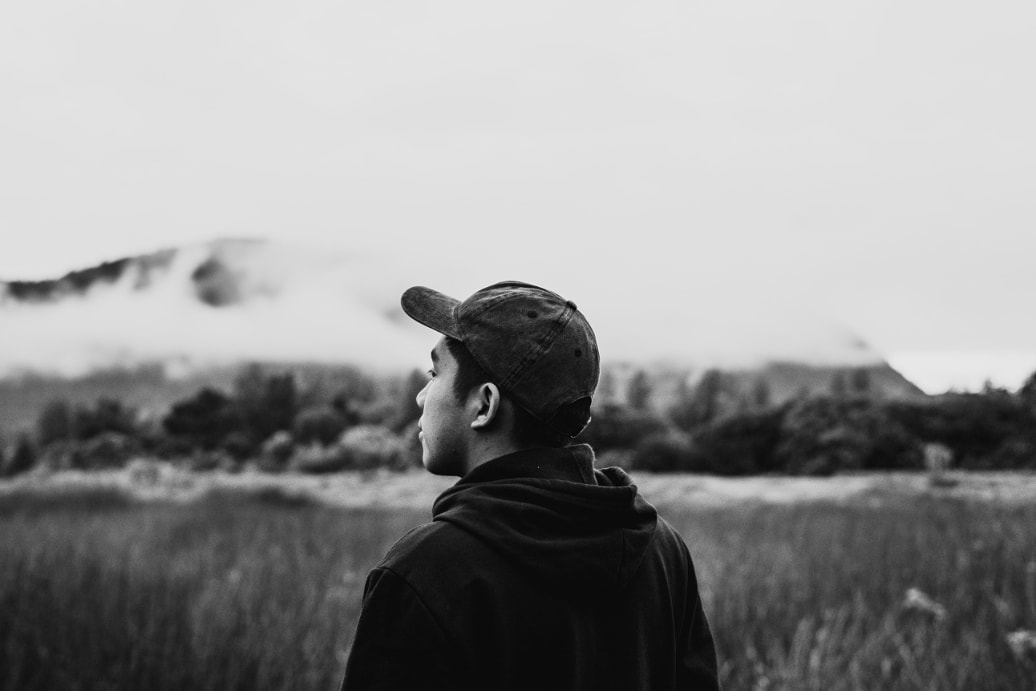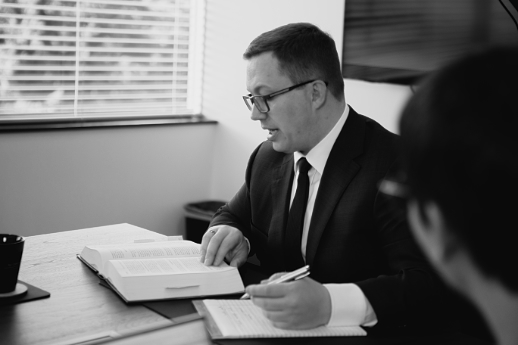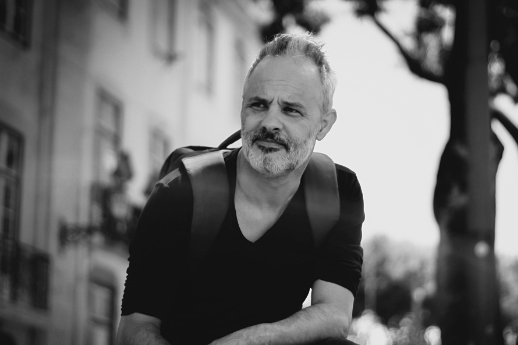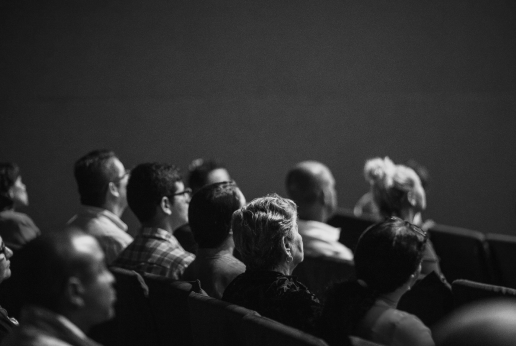Comprehensive Help for Sexual Abuse Survivors – Rights, Resources & Recovery
Every survivor of sexual abuse carries a unique story of trauma, resilience, fear, and strength. At Crew Janci LLP, we are committed to walking beside survivors as they navigate the often-overwhelming process of healing and justice. Whether abuse happened in a religious institution, juvenile facility, or school survivors deserve to be believed, supported, and empowered.
This guide is written for sexual abuse survivors, their loved ones, and advocates. It offers practical legal information, emotional healing strategies, and institutional accountability resources, because healing and justice need to go hand-in-hand.
Understanding Sexual Abuse and Its Impact
What Is Sexual Abuse?
Sexual abuse includes any non-consensual sexual activity. This can range from sexual touching and coercion to rape and exploitation. Survivors can be children, teens, or adults, and perpetrators can be anyone: a relative, authority figure, peer, or even a stranger.
Key types include:
- Child sexual abuse: Involves any sexual activity with a child under the age of consent.
- Sexual assault: Forced or coerced sexual acts, including penetration.
- Sexual harassment: Unwanted sexual advances or behavior in the workplace, school, or community.
- Sexual exploitation: When someone uses a position of power or trust to take sexual advantage of another person.
The Lifelong Effects of Abuse
The impact of abuse extends far beyond the incident itself. Survivors may experience:
- PTSD: Flashbacks, nightmares, and heightened anxiety are common trauma responses.
- Depression & Anxiety: These conditions may interfere with daily functioning, relationships, and work.
- Dissociation: Survivors might disconnect from their surroundings or emotions as a coping mechanism.
- Trust and Attachment Issues: Survivors often struggle to form safe, healthy relationships.
- Physical Health Issues: Chronic pain, fatigue, gastrointestinal disorders, and other somatic symptoms are linked to trauma.
Survivors may also carry feelings of shame or guilt, even though they are never at fault. Understanding that abuse is a violation of power, not a personal failure, can be an important part of the healing process.
Source: CDC: Preventing Child Sexual Abuse
Institutional Abuse: When Systems Fail Survivors
Abuse within institutions can be especially devastating due to the betrayal of trust involved. These environments often enable abuse by discouraging reporting, protecting offenders, or failing to act on known risks.
Abuse in Religious Institutions (e.g., Catholic or LDS Church)
Survivors from the Catholic and LDS Church have shared powerful stories of:
- Spiritual manipulation: Abusers using religious authority to justify or conceal abuse.
- Clergy-penitent privilege: Prevents reporting of confessions of abuse to authorities.
- Silencing tactics: Survivors and families pressured to “forgive” or remain silent for the sake of the church’s image.
Example: In the Paul Adams case, an LDS bishop chose not to report a confession of child abuse, allowing the abuse to continue unchecked.
Abuse in Juvenile Justice Institutions (e.g., Oregon Youth Authority)
Youth in OYA custody, many of whom have already experienced trauma, are highly vulnerable to further abuse:
- Staff-perpetrated abuse: Counselors, chaplains, and staff have been implicated in grooming and sexual misconduct.
- Peer-on-peer abuse: Often worsened by understaffing and poor supervision.
- Retaliation for reporting: Youth and whistleblowers have faced punishment for exposing abuse.
A 2020 BJS report found Oak Creek Youth Facility had a 14.3% sexual victimization rate, more than double the national average.
Legal Rights and Options for Survivors
What Rights Do Survivors Have?
All survivors are entitled to:
- The right to safety and dignity free from ongoing harm or retaliation.
- The right to report abuse to law enforcement or trusted institutions.
- The right to pursue civil claims against individuals or institutions that knowingly allowed, permitted, or encouraged the abuse.
- The right to support services, including therapy, medical care, and legal advocacy.
Why Legal Action Is Important
- Justice and closure: Holding perpetrators accountable can help increase the likelihood of healing.
- Institutional accountability: Lawsuits can help drive systemic change and policy reform.
- Compensation: Survivors may receive financial support for therapy, lost income, and other damages.
Statutes of Limitations for civil claims vary by state, but many states (including Oregon) have lifted or extended these timelines in recognition of how long it can take to process and report abuse. Our attorneys help survivors navigate this legal terrain with clarity and care, across a wide range of practice areas.
The Healing Journey: Emotional and Psychological Recovery
What Healing Can Look Like
Healing isn’t linear, and no two survivors experience it the same way. Survivors may engage in:
- Trauma-informed therapy: EMDR, somatic therapy, cognitive behavioral therapy (CBT), and more.
- Support groups: Peer-led spaces can provide connection and solidarity.
- Creative expression: Writing, art, and music can help survivors process emotions.
- Spiritual healing: For some, rebuilding their faith or finding a new spiritual path can support recovery.
Important Note: Not every survivor is ready to engage in legal action or public disclosure. That’s okay! Healing on your own terms is valid and worthy.
Support Services to Know
There are a number of sexual assault survivor resources that are available as needed:
- RAINN: 24/7 National Sexual Assault Hotline (800-656-HOPE) | www.rainn.org
- NSVRC: National Sexual Violence Resource Center | www.nsvrc.org
- 1in6: Resources for male survivors | www.1in6.org
Supporting a Survivor: Guidance for Loved Ones
How to Show Up with Meaningful Support
When someone shares their story, they are extending deep trust. How you respond matters. Support them by:
- Believing without question: Avoid judgment, disbelief, or pressing for details.
- Listening with presence: Let them speak freely, at their own pace.
- Respecting privacy and autonomy: Never share their story without consent.
- Offering concrete help: Accompany them to appointments, help research resources, or simply check in regularly.
Things NOT to Say and Things TO Say
- “Why didn’t you tell anyone sooner?”
- “Are you sure that’s what happened?”
- “You should forgive and move on.”
These statements can retraumatize survivors or shut down disclosure. Instead, say:
- “I believe you.”
- “You are not alone.”
- “Thank you for trusting me.”
Advocacy and Systems Change
Ways to Take Action
Survivors and allies can be powerful agents of change:
- Lobby for legal reforms like abolishing statute of limitations
- Share survivor-centered resources online and offline
- Support advocacy groups through volunteering or donations
- Participate in community healing efforts and educational events
Organizations leading this work include:
How Crew Janci LLP Can Help You
We are a nationally recognized law firm with decades of experience representing sexual abuse survivors in complex institutional abuse cases. Our trauma-informed support model offers:
- Confidential, compassionate consultations
- Guidance through civil litigation or private settlements
- A dedicated team that respects your voice and your choices
We’ve secured justice and over $200 million for survivors and have helped drive change across institutions, including churches, schools, youth detention centers, and more.
Survivors are not defined by what happened to them, but by the strength it takes to keep going. Whether you are just beginning to explore your options or are ready to take legal action, know this: you are not alone. You are not to blame. And with the right support, justice and healing are possible.
Contact Us
9755 SW Barnes Road, Suite 430, Portland, Oregon 97225
(888) 407-0224
info@crewjanci.com
For any questions, Submit Our Confidential Form.
Empowering Change
Related Resources
are here to guide and empower you or someone you care about.
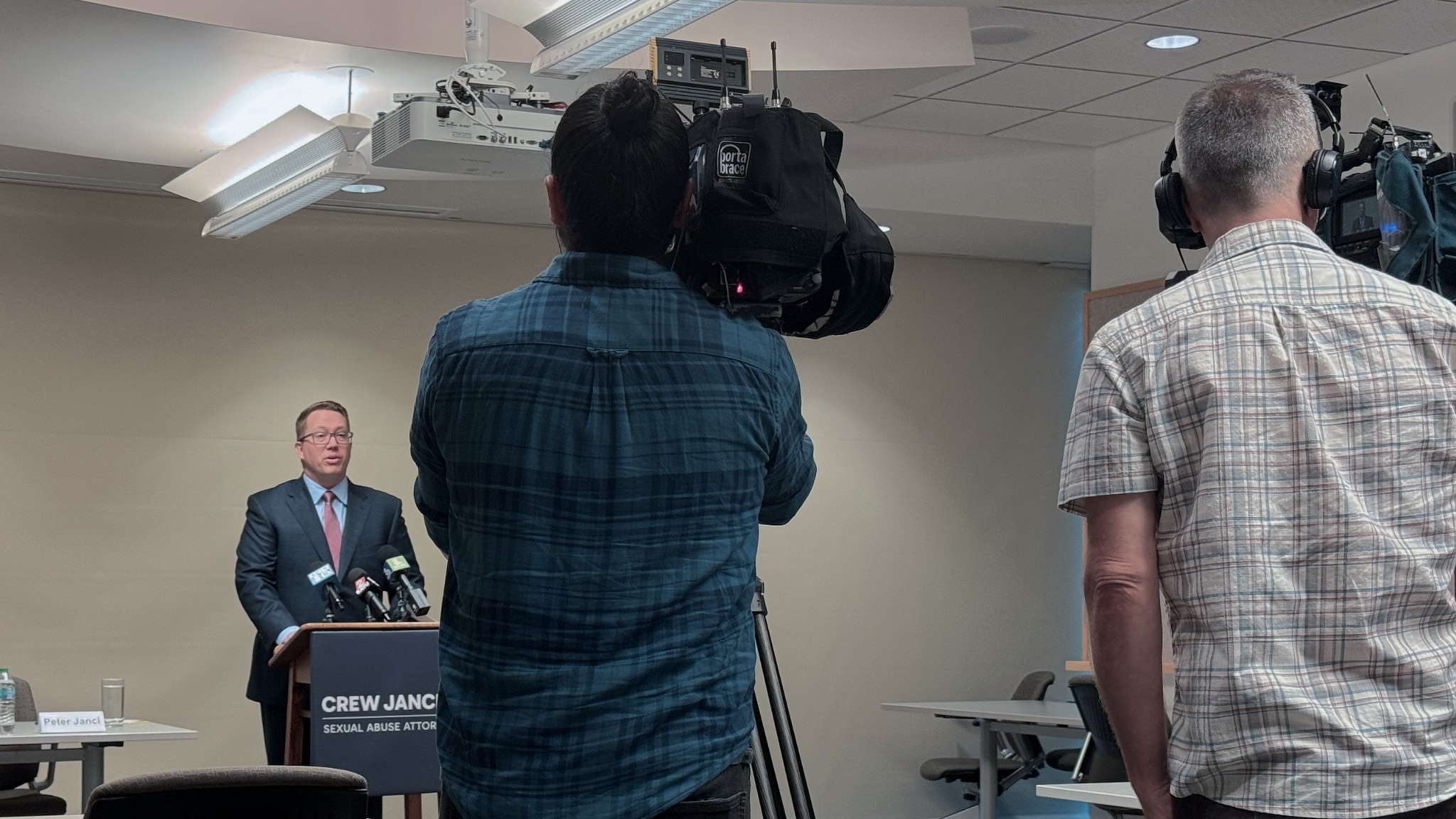
Three New OYA Staffers Named in Lawsuits As 17 More Victims Sue State for Child Sexual Abuse
Attorneys for victims of child sexual abuse within the Oregon Youth Authority filed a slate of new lawsuits on Thursday in Multnomah...
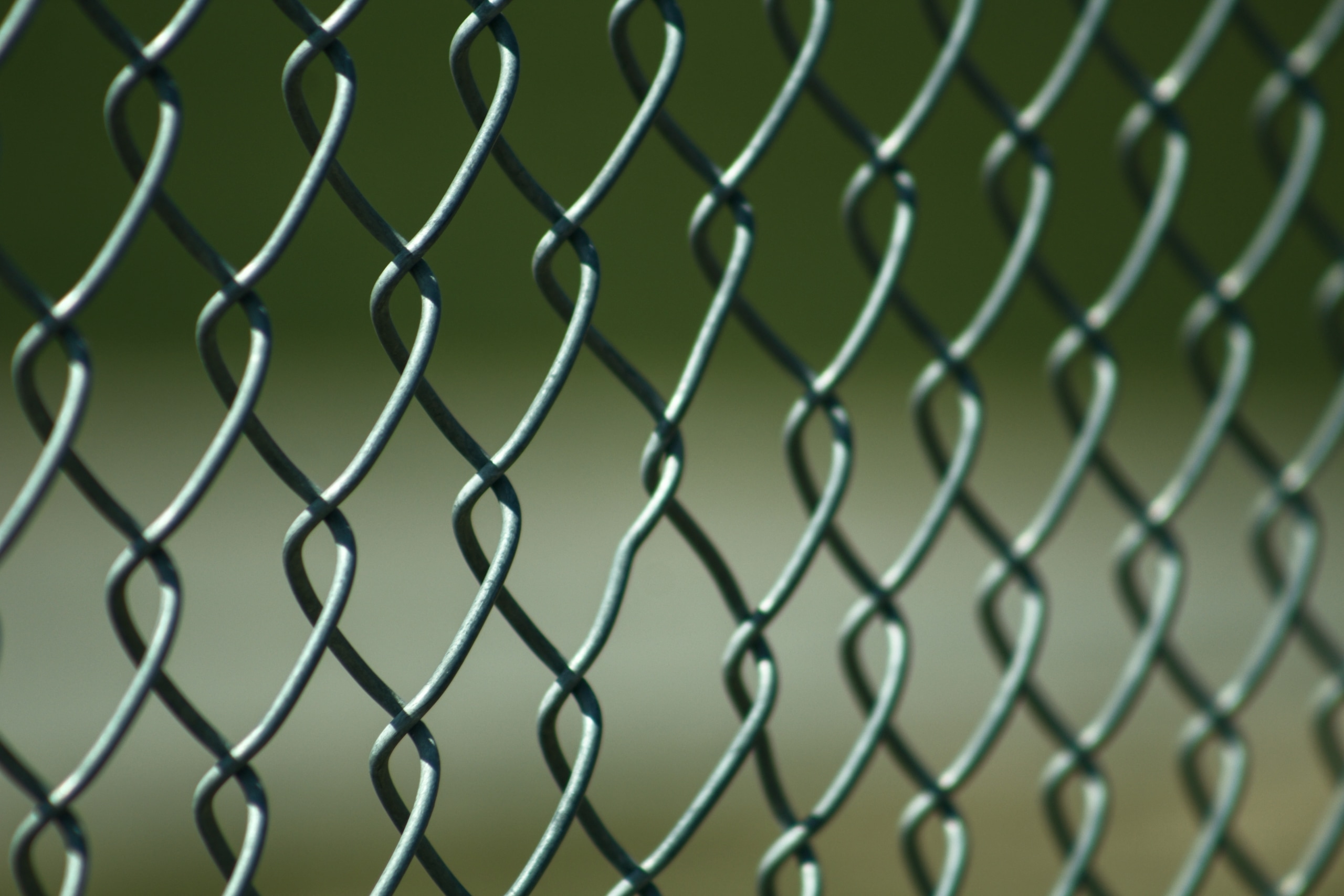
Did You Know Scott J. Scrabeck from OYA’s Hillcrest Youth Correctional Facility?
New Lawsuit Filed Scott J. Scrabeck worked for the Oregon Youth Authority (OYA) at Hillcrest Youth Correctional Facility as a correctional officer...

Did You Know Robert Blacksmith from Hillcrest Youth Correctional Facility?
New Lawsuit Filed Robert Blacksmith worked for the Oregon Youth Authority (OYA) at Hillcrest Youth Correctional Facility from the mid-1990s until 2006....
Don’t face this alone.
